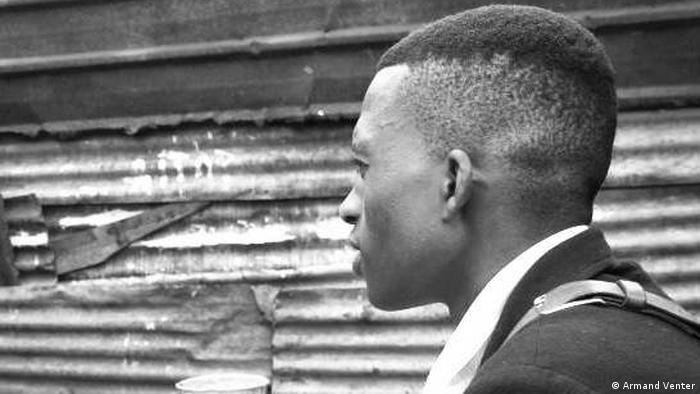AfricaPress-mozambique: Hélio Nguane is a young man at the forefront of Mozambican film criticism, but his work extends to other Portuguese-speaking African countries in various ways, such as radio.
Nguane strives to increase interest in film reviewing, which until now has been largely confined to the artistic milieu. He does not let himself be overcome by difficulties and therefore flies higher and higher.
Nguane was invited to participate in the 14th edition of Talent Press Durban, which takes place in South Africa. Nearly 30 initiatives from representatives of 16 African countries are participating in the event, which this year takes place virtually because of Covid-19.
In an interview with DW, Nguane revealed that this was the first time he had participated in an international film event.
Hélio Nguane (HN): It’s the first time I’ve participated in an event of this magnitude. I have participated in some Mozambican events, but they are not of the same international dimension.
DW Africa: So do you expect it to be a kick-off for the international arena and an opportunity to gain more knowledge?
HN: Without doubt! This event, for which I was selected, opens several doors internationally, in addition to those from Portuguese-speaking African countries in which I already participated as co-producer and coordinator of the ‘Cinema em Foco’ programme broadcast on RDP-Africa. So I already had this opportunity to conquer the PALOP universe, but now participating in this event I have the opportunity to interact with countries that speak French and English.
DW Africa: Explain to us your relationship with the PALOP…
HN: The relationship has been strengthened, in a way, by the programme Cinema em Foco, which I’ve co-produced since 2019. It’s essentially about cinema and it’s on the radio. The programme allows me to get in contact with various players from the PALOP who live in different corners of the world. I collect information on a weekly basis and we share this information. It’s connecting the world of the PALOP with the rest of the world so that you know what is being done in cinematographic terms. In this way, we managed to create a circuit that connects to other countries in terms of cinema.
DW Africa: What would you cite as a great example of PALOP cinema?

HN: We have several candidates. For example, in Mozambique we have several cinema competitions, but here we can talk about two: the contest held by the Mozambique-Germany Cultural Centre (CCMA) and also the contest arranged by Kugoma. From Guinea-Bissau we have Welket Bungué, from Cape Verde we have Samira Vera Cruz, who has also produced great documentaries. From Angola we have the Geração 80, which has promoted great filmmakers. So, cinema in Portuguese is on the rise; what’s missing is publicity. With this film programme we are trying to bring these filmmakers into the spotlight.
DW Africa: Do you think Talent Press Durban is an effort to include other niche markets in the big international screens?
HN: Yes, it’s a matter of inclusion, of strengthening the unity between African countries, and you can see that language has not been an obstacle. Most of the time, we have countries that speak French or English that are very advanced in terms of cinema and making room for Portuguese-speaking countries to enter. It’s trying to widen the circle so that we can evolve more and learn from other countries.
DW Africa: Art criticism in Mozambique is still very limited to artists. Is involving consumers, the masses, in this circuit too still a pipe-dream?
HN: I would say it’s a process, because for us to have a boom it’s necessary for the makers to be aware of how critical their works are. Because then we move on to a second phase, which is the phase for people to become more aware about the importance of criticism. We are in a transitional phase, embryonic, for the first steps. Having information monitoring initiatives, so that they have more tools to make criticisms, is very good. We realize that there are works that are being done, but there is little journalistic criticism in relation to these works. So, we’re trying to push for criticism to be well-regarded.






